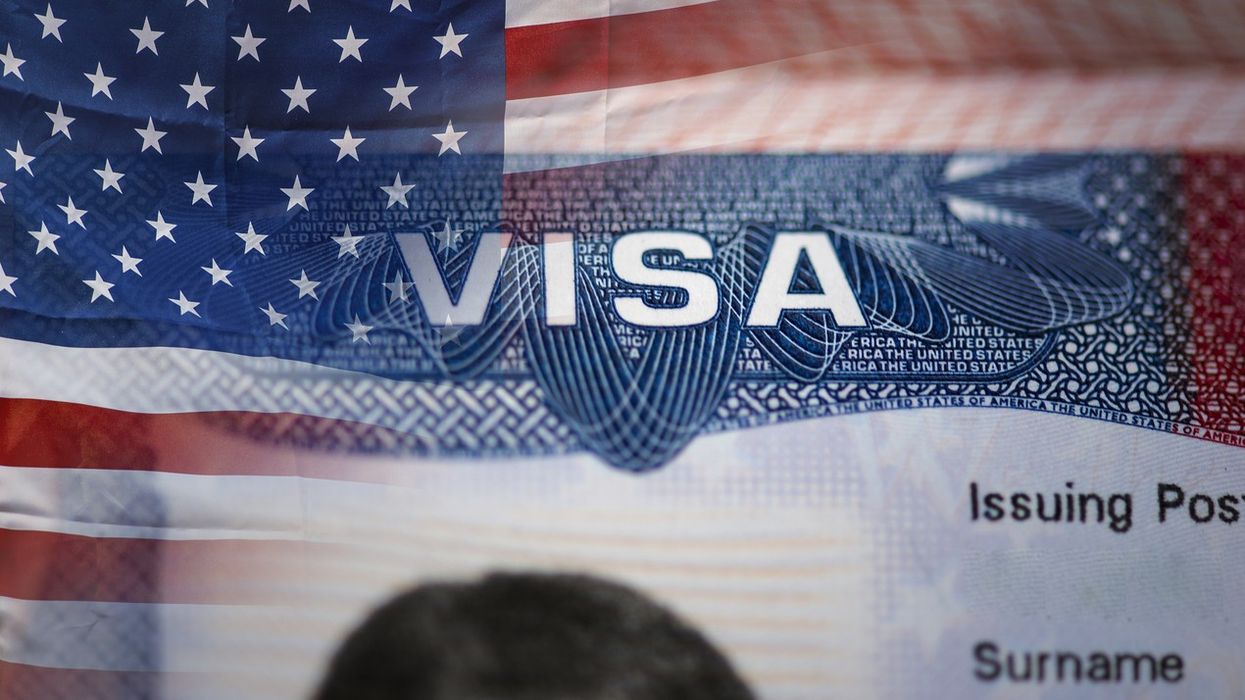Highlights:
- USCIS expands the “good moral character” test beyond avoiding crimes.
- Officers must assess community involvement, tax compliance, and family caregiving.
- Reckless driving, harassment, or repeated infractions may now hurt applications.
- Applicants will be screened for “anti-Americanism” or extremist views.
- Immigration officials stress citizenship is a “privilege, not a right.”
The United States Citizenship and Immigration Services (USCIS) has introduced significant changes to the naturalization process, making it more difficult for legal immigrants to qualify for US citizenship. This policy shift, spearheaded by the Trump administration, broadens the long-standing “good moral character” requirement to include a comprehensive review of applicants’ behaviors, values, and community engagement. The move reflects a broader tightening of access to immigration benefits during a period of intense political debate on immigration policy.
Redefining 'good moral character': From minimal checks to holistic assessment
Traditionally, the USCIS required applicants for citizenship—usually green card holders applying after three or five years—to prove “good moral character” by avoiding serious criminal offenses like murder, aggravated felonies, drug crimes, or habitual drunkenness. Alongside passing English language and civics tests, this was a key eligibility factor.
The new guidance, issued officially on Saturday (16), 2025, mandates immigration officers to go beyond a simple checklist of criminal behavior. Instead, they must now conduct a holistic assessment that includes a wide array of factors demonstrating positive contributions to society.
Officers are instructed to place greater emphasis on good attributes such as:
- Active community involvement
- Family caregiving and responsibilities
- Higher educational achievement
- Stable, lawful employment
- Consistent tax compliance
- The amount of time spent residing in the US
At the same time, the guidance calls for heightened scrutiny of behaviors falling short of crimes but reflecting poor moral character. Examples include:
- Frequent or reckless traffic infractions
- Harassment or aggressive solicitation
The policy also allows credit for rehabilitation efforts, such as satisfactorily completing probation, paying overdue child support or taxes, and submitting character reference letters from community members—giving applicants a chance to show they have improved.
Citizenship as a 'privilege, not a right'
USCIS spokesman Matthew Tragesser articulated the administration’s philosophy clearly:
“US citizenship is the gold standard of citizenship — it should only be offered to the world’s best of the best.” He emphasized, “Immigration benefits, including to live and work in the United States, remain a privilege, not a right.”
This outlook sets the tone for a more stringent naturalization process designed to ensure that the country’s newest citizens not only honor American culture, history, and language skills but also reflect “good moral character” across a broad spectrum of social, professional, and ethical criteria.
Screening for 'anti-americanism': New security dimension
Adding to the expanded moral character test, USCIS has announced new screening for signs of “anti-Americanism” in a controversial move. Officers reviewing applications for visas, green cards, or citizenship will assess whether the applicant has:
- Endorsed
- Promoted
- Supported
- Or otherwise espoused
views considered anti-American, terrorist, or antisemitic.
The agency clarified that public benefits and legal immigration status should be denied to individuals who harbor or promote anti-American ideologies. However, USCIS has not released a detailed definition or list of what constitutes “anti-Americanism,” leaving uncertainty about the criteria and enforcement patterns this new policy could trigger.
Policy context: Part of broader immigration tightening
While headlines focus largely on Trump-era border enforcement and deportation expansions, the administration has simultaneously restricted legal immigration channels. This includes:
- Sharp cuts to refugee admissions
- Eliminating or recalibrating visa programs instituted under the Biden administration
- Strengthening application vetting procedures, including expanded social media checks of applicants
These combined measures signal a comprehensive strategy aimed at limiting immigration flows and heightening control over eligibility for even legal permanent residents’ most important benefits, including citizenship.
Implications for immigrants and communities
More than 600,000 to 1 million immigrants have been naturalized annually in recent years. This new policy threatens to slow or complicate the integration process for many, particularly those juggling temporary work visas or managing lengthy green card backlogs, such as many Indian Americans.
The widened “good moral character” standard may introduce considerable uncertainty and fear, as behaviors previously considered minor infractions could now jeopardize citizenship. Likewise, increased scrutiny over political beliefs and social media presence risks chilling free expression and community participation.
Experts warn that these changes could lead to longer application processing times, increased denials, and discourage eligible immigrants from applying for citizenship altogether.
Navigating a complex and changing landscape
The Trump administration’s new citizenship requirements underscore a sharp pivot toward more restrictive immigration policies. Citizenship is framed as a privilege reserved for the most exemplary applicants who demonstrate not only compliance with laws but also cultural and moral alignment with broader American values.
For immigrant families and communities—especially those on work or student visas—this evolving landscape calls for heightened awareness and adaptation. Legal aid organizations, immigration attorneys, and community advocates will play vital roles in helping applicants navigate the expanded definitions of eligibility and respond effectively to new challenges in the pursuit of the American Dream.















